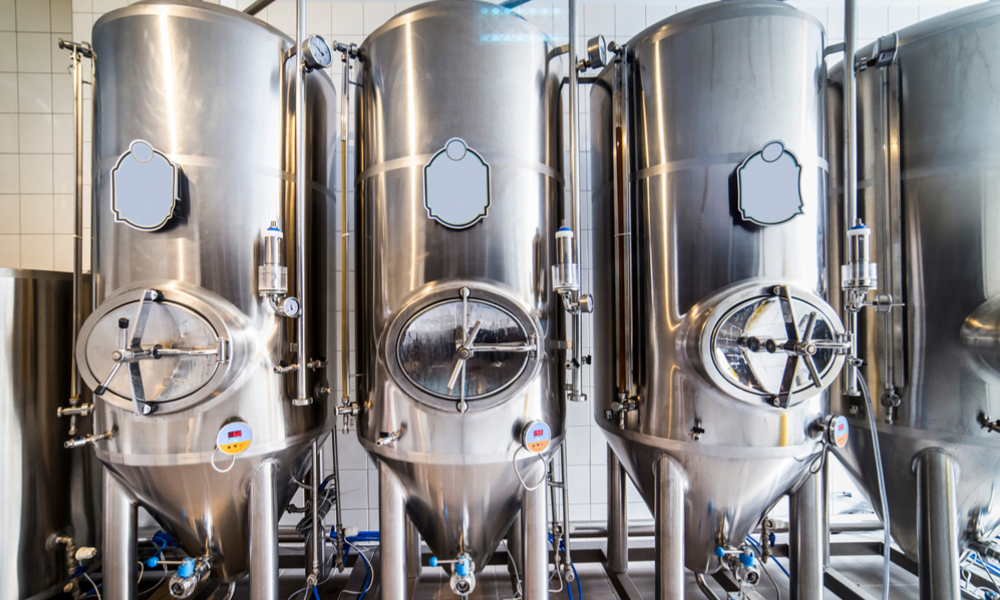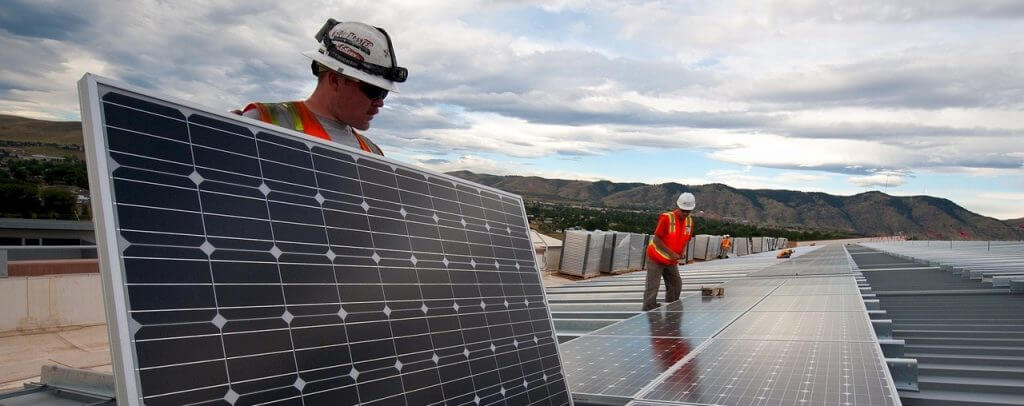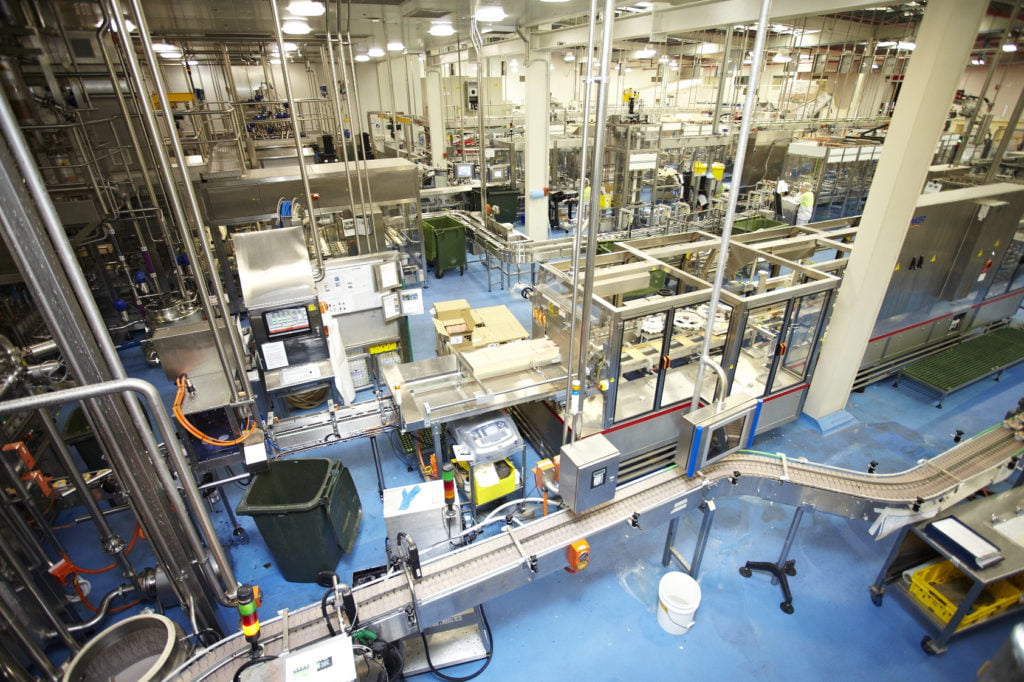Exciting news was announced last week that Lion Brewery, in tandem with the Australian Hotels Association NSW, had partnered up with electricity retailer Engie to procure electricity through a renewable energy Power Purchase Agreement (PPA).
It’s good to see that after years of preparation, the pubs and hotels industry is banding together to find solutions to the crippling electricity cost problem which has hit businesses hard.
Lion’s Managing Director James Brindley said Lidcombe-based brewery Tooheys and a number of participating hotels will see an energy price drop from 11.5c/KWh to 6.9c/KWh.
He said that a typical pub can expect to make a 40-percent saving, equating to around $18,000 a year.
Lion also said the PPA will slash the brewery’s carbon emissions by 40 percent.
AHA NSW and National President Scott Leach said the arrangement will help break the back of high electricity prices paid by members.

About the PPA
The agreement, signed through ENGIE’s retail arm Simply Energy is offering to supply eligible hospitality and accommodation businesses in NSW and the ACT with electricity for 10 years from 1 January 2020 using an industry-scale aggregation model.
The deal was secured by the AHA’s joint venture partner, Clean Energy Strategies, which ran a tender process with more than 50 developers of new solar and wind farms.
The deal will directly support the construction of a new renewable energy project, underwriting the construction of Engie’s 120MW Silverleaf Solar Farm, set to be built in Narrabri in regional New South Wales.
The PPA market is evolving rapidly

Power Purchase Agreement products are evolving quickly and we expect these types of supply agreement to become more readily available and less risky in the near future as energy retailers seek to introduce more attractive structures.
Aggregated PPA’s like the AHA (NSW) / Engie offer can be very complex to structure and challenging to pull participants together.
And with complexity comes a risk that needs to be shared across counterparties, and this is evident with the AHA (NSW) / Engie PPA product, especially when compared to conventional commercial or industrial retail offers.
While locking into a 10-year contract can be an attractive proposition for businesses seeking budgetary certainty, corporate PPAs like the AHA (NSW) / Engie offer include clauses that enable the supplier to alter what looks to be an attractive headline base rate throughout the term of the contract.
The mechanisms that control these price movements may be as simple as fixed periodic increases or more complicated and leveraged to electricity spot market conditions.
In any case, what may appear to be an attractive rate for the initial years of the contract, may look very different by the conclusion of the contract.
Larger companies like Lion have comfortable economies of scale, and the fact that they have signed up to a renewable energy PPA can also give them great marketing value, but the real question is whether such deals are beneficial to smaller publicans.
Our opinion on the PPA
We believe that publicans are likely to have been drawn to the deal because it offers a very compelling headline rate for the first two years.
But when the rate is grossed up to include other service-related fees and without including any balancing rate adjustments, the average rate over 10 years appears to be comparable to a standard 60-month retail offer that is less risky and more flexible.
So we struggle to see the business case for taking up the offer if you’re a single-site operator or small group and price is the only incentive.
More suited to larger operators

It is our opinion that with the right strategy, the PPA product makes reasonable sense for manufacturers like Lion and larger multisite hotel operators, who don’t require as much contract flexibility and can internally manage the inherent risks that come with un-firmed PPA’s.
Placing just portion of electricity load into the PPA is just one simple strategy that is more achievable to larger businesses.
Investing in financial hedging instruments to firm up and de-risk the product during the evening “super-peak” periods is another option that may be more readily available to larger corporates.
The “super-peak” period refers to evening prices when the sun doesn’t shine and the wind isn’t blowing and can be explained through the Duck Curve.
In simple terms, abundant solar and wind power flow through to the grid during daylight hours, often sending prices into negative territory.
As soon as the sun goes down, demand ramps up substantially as people get home and begin to turn on their appliances and air conditioning units.
While battery storage can alleviate critical moments of tight supply, the head of the curve is continuing to soar upwards and is serviced by traditional electricity generation.
Fossil fuel generation services the evening demand, but because the plants need to be kept on 24-7 to be profitable, they need to claw back the losses made during the day.
In terms of the PPA, the product fixes the daytime problem for those that have signed up, but the head of the curve in the evening is geared to an average spot pool price which essentially means it’s unhedged and the customer takes on the spot market pricing risk.
Are you considering your energy procurement options?
Leading Edge Energy has helped thousands of businesses across Australia to structure the right electricity procurement strategy for their circumstances.
There are plenty of options out there including retail contracts, wholesale electricity contracts and various other deals.
Our Energy Experts will study your site’s requirements and compare all the offers on the table to find the most advantageous one by factoring in price, load flexibility, network tariff costs.
Call us at 1300 852 770 or send an e-mail to hello@leadingedgeenergy.com.au to get in touch with one of our Energy Experts today for a 100-percent obligation-free consultation.













